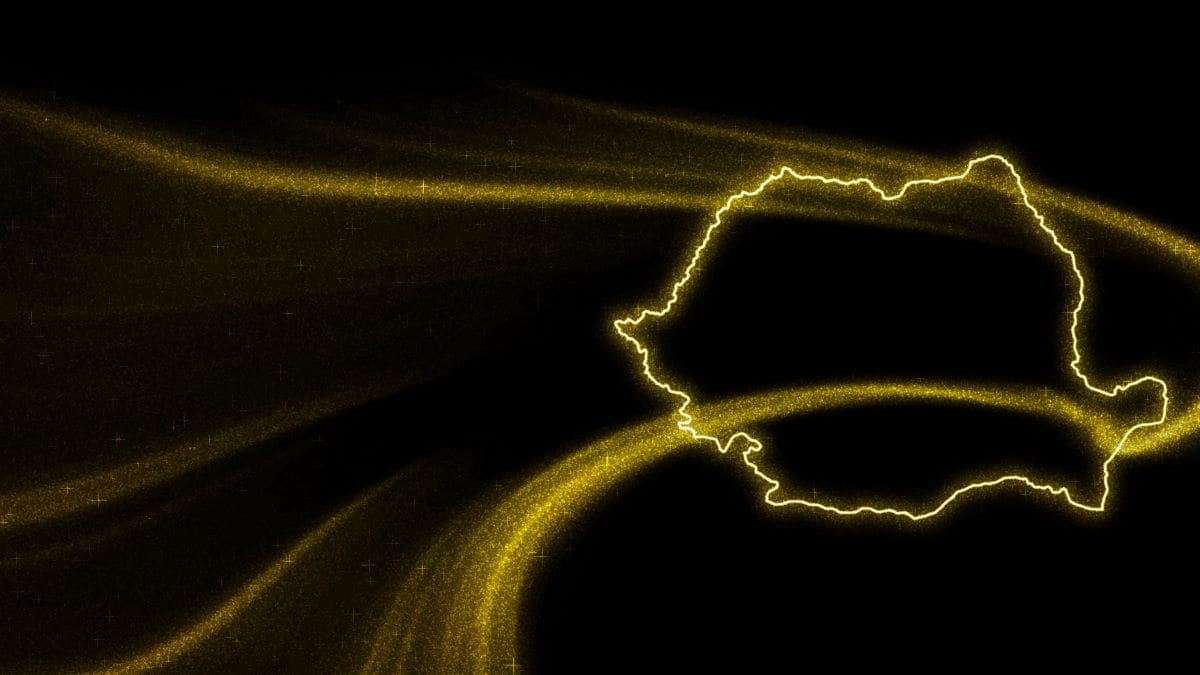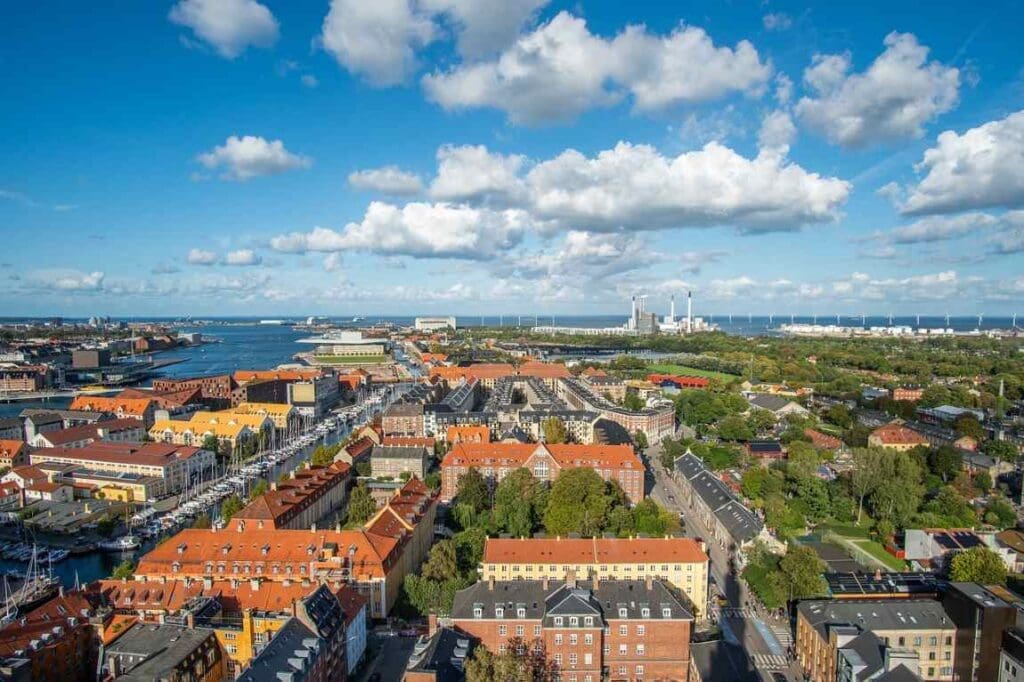Brussels, Belgium (AFP) – Two Chinese-owned solar panel manufacturers have withdrawn from a public procurement tender in Romania after the EU launched an anti-subsidy probe, Brussels said Monday.
The EU wants to defend European industry against growing threats from China and the United States, and has launched multiple probes into Chinese firms over state subsidies.
But Brussels must balance its desire to build up Europe’s renewable energy to reduce greenhouse gas emissions while simultaneously moving away from excessive reliance on cheaper Chinese wind and solar technology.
The European Commission in April started an investigation into two consortiums suspected of receiving subsidies that Brussels feared undercut firms in Europe.
“As a result of the withdrawal, the Commission will close its in-depth investigation,” it said.
The investigation had been launched under new rules that came into force last year and seek to prevent foreign subsidies from undermining fair competition in the EU.
“We are massively investing in the installation of solar panels to decrease our carbon emissions and energy bills –- but this should not come at the expense of our energy security, our industrial competitiveness and European jobs,” the EU’s internal market commissioner, Thierry Breton, said.
The new rules ensure “foreign companies which participate in the European economy do so by abiding to our rules on fair competition and transparency”, he added.
Rising trade tensions
The probe focused on two consortiums, one of which includes the Enevo group in Romania and a German subsidiary of Chinese parent company Longi Green Energy Technology.
Longi is the world’s biggest solar panel manufacturer.
The second consortium was made up of two subsidiaries both fully owned and controlled by Chinese state-owned firm, Shanghai Electric group.
They had applied to design, construct and operate a photovoltaic park in Romania, partly financed by EU funds.
The estimated value of the contract was around 375 million euros ($405 million).
Europe relies heavily on foreign solar panels. More than 97 percent of the panels in Europe are imported, mainly from China, according to Brussels.
Other EU probes focused on Chinese subsidies for electric cars and trains, and wind turbines as trade tensions escalate between the two sides.
A fight over solar panels is nothing new for the EU.
In 2013, the EU imposed anti-dumping duties after European manufacturers said Chinese panel imports were undercutting their firms, but they were scrapped five years later.
raz/cw
© Agence France-Presse
Featured image credit: Allexxandar | Freepik.com




